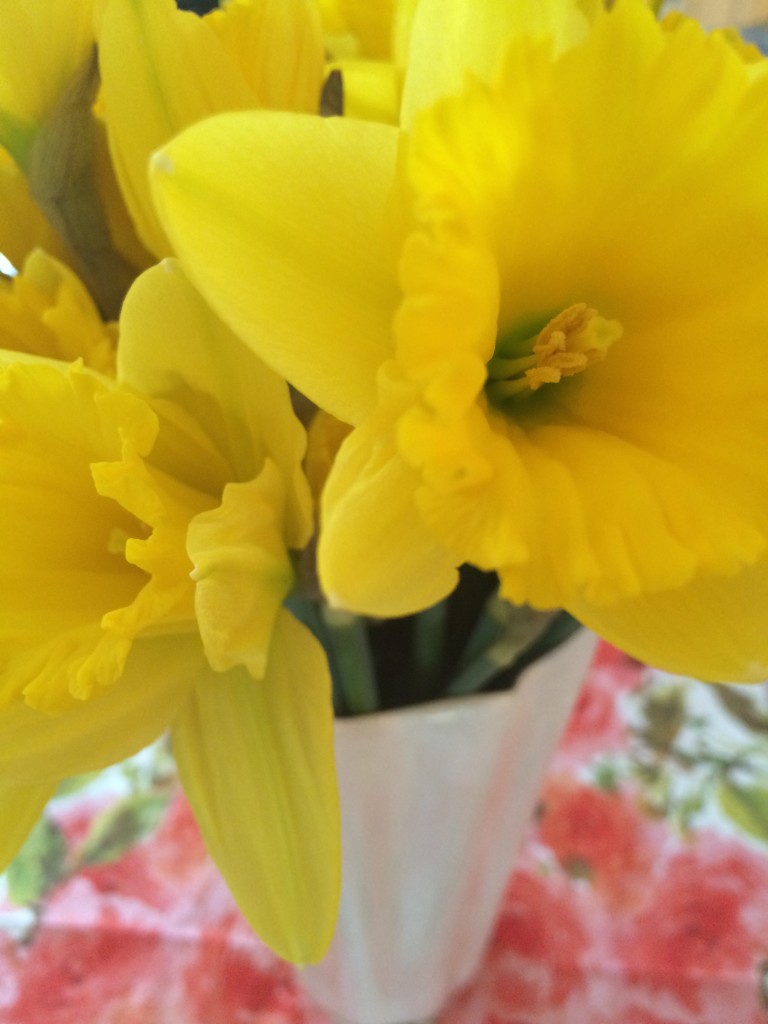Please note: this piece was also published in The Huffington Post.
 Much like any other holiday or religious observance, Easter brings with it a variety of cultural and familial traditions. Whether it be participating in a neighborhood Easter egg hunt, painting Easter eggs with your family (and deliberately sabotaging them so yours turn out better), attending a sunrise service or decorating trees with Easter eggs, it is often these small traditions that create happy and lasting memories, holding a special place in our life as we grow older.
Much like any other holiday or religious observance, Easter brings with it a variety of cultural and familial traditions. Whether it be participating in a neighborhood Easter egg hunt, painting Easter eggs with your family (and deliberately sabotaging them so yours turn out better), attending a sunrise service or decorating trees with Easter eggs, it is often these small traditions that create happy and lasting memories, holding a special place in our life as we grow older.
Yet, while we tend to welcome and value such traditions, the word “tradition”* or “traditional” – removed from a seasonal or celebratory context – tends not to be the most lauded term, particularly in a world that continues to “progress” at an unprecedented speed, with an abundant number of changes, upgrades and “improvements” impressed upon us daily.
It seems only natural, then, for questions to arise as to the point of or value of tradition:
- What does “tradition” have to offer us if, by its very definition – “a way of thinking, behaving, or doing something that has been used by the people in a particular group, family, society, etc., for a long time” – it is rooted in the past?